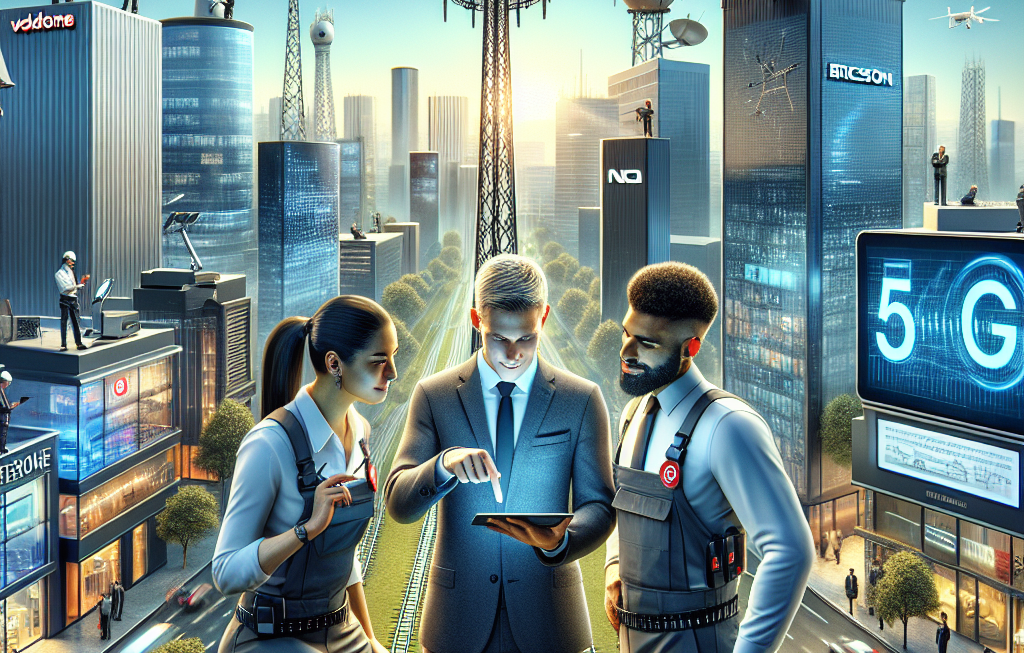AI-Driven Job Cuts Looming at BT: Is Openreach Spin-Off on the Horizon?
In a recent statement, CEO Allison Kirkby hinted at the possibility of deeper staff reductions at BT, citing the increasing influence of artificial intelligence (AI) within the company. Kirkby’s remarks have sparked concerns among employees and industry experts alike, as the potential impact of AI on job security continues to be a hot topic in the telecommunications sector.
As AI technology advances at a rapid pace, many companies are turning to automation to streamline operations, cut costs, and boost efficiency. While AI has the potential to revolutionize the way businesses operate, its implementation often comes at a human cost. In the case of BT, Kirkby’s warning about deeper job cuts suggests that the company may be looking to AI as a solution to its staffing challenges.
The prospect of AI-driven job cuts raises important questions about the future of work at BT and the wider telecommunications industry. As AI continues to evolve, companies will need to strike a balance between harnessing the benefits of automation and safeguarding the livelihoods of their employees. Finding this balance is crucial not only for maintaining a positive work environment but also for upholding corporate social responsibility in an era of technological change.
In addition to the implications for BT’s workforce, Kirkby’s statement also touched on the potential spin-off of Openreach, BT’s network division. Kirkby suggested that if Openreach remains undervalued, BT may consider spinning it off as a separate entity. This move could have far-reaching consequences for both BT and Openreach, impacting their operations, financial performance, and market positioning.
The idea of spinning off Openreach highlights the complex challenges facing BT as it seeks to adapt to a rapidly changing industry landscape. By separating Openreach from the rest of the company, BT could unlock new opportunities for growth and innovation while also addressing concerns about undervaluation. However, such a decision would need to be carefully considered to ensure that it delivers long-term value for shareholders and stakeholders.
As BT grapples with the dual challenges of AI-driven job cuts and a potential Openreach spin-off, the company must navigate a path that balances technological progress with human impact. By investing in upskilling and reskilling programs for employees, BT can help mitigate the effects of automation on its workforce and foster a culture of continuous learning and development. At the same time, any decision regarding the future of Openreach should be made with a clear strategic vision and a focus on sustainable growth.
In conclusion, BT’s CEO Allison Kirkby’s recent comments about AI-driven job cuts and a possible Openreach spin-off underscore the complex dynamics at play in the telecommunications industry. As technology continues to reshape the way companies operate, it is essential for organizations like BT to prioritize both innovation and inclusivity in their strategic decision-making. By staying attuned to the needs of their employees and the demands of the market, companies can navigate the challenges of the digital age while building a future that is both technologically advanced and human-centric.
AI, JobCuts, BT, Openreach, Telecommunications











